L.E.A.P:
Legal Empowerment & Advocacy Project

The Legal Empowerment & Advocacy Project is a core initiative of the Zambia Transparency & Accountability Lab that seeks to bridge the justice gap for marginalized and vulnerable populations in Choma District by increasing access to legal information, community-based justice services, and rights-based advocacy.
This project promotes the understanding and use of the law as a tool for social change, helping ordinary citizens—especially women, youth, and rural communities—resolve disputes, challenge injustices, and hold duty bearers accountable in a just and transparent manner.
Objectives:
- To empower communities with legal knowledge and access to basic legal support.
- To strengthen community structures to resolve disputes and promote justice at the grassroots level.
- To amplify citizen voices in advocating for legal reforms and accountable governance.
- To build the capacity of traditional leaders, and local justice actors in rights-based approaches to justice.
Key Components:
- Mobile Legal Clinics: Delivered in rural and peri-urban communities to provide free legal information, mediation, and referrals to appropriate justice institutions.
- Awareness and Sensitization Campaigns: Using radio, drama, and print media to educate citizens on land rights, gender-based violence (GBV), legal identity, and civic rights.
- Advocacy & Policy Engagement: Engaging with government institutions and civil society to push for reforms that promote access to justice and protect human rights.
- Justice Forums: Facilitating platforms where community members interact with legal practitioners, police, and magistrates to discuss justice gaps and co-develop local solutions.
Impact Highlights:
- Hundreds of community members reached with legal information and services through mobile clinics and awareness campaigns.
- Over 30 trained community leaders supporting access to justice in remote communities.
- Improved resolution of land disputes, GBV cases, and inheritance conflicts at the community level.
- Strengthened collaboration between traditional leaders, courts, law enforcement and legal aid providers.
- Empowered citizens using the law to demand services, challenge corruption, and assert their rights.
Why Legal Empowerment Matters:
Many Zambians—especially in rural areas—face barriers to justice due to poverty, distance, illiteracy, and lack of legal knowledge. This project tackles these challenges by decentralizing legal support and equipping communities to advocate for justice from the ground up.
